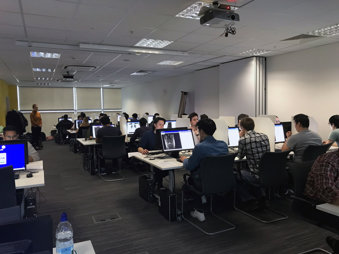| 1 min
Latest updates
Read about our latest updates, new ventures and partnerships, recent accolades and community activities.
LEARN MOREFilter By:
| 3 mins
What the public thinks about AI in the NHS – and what it means for you
| 4 mins
Half of Brits unfamiliar with AI in NHS, as doctors warn more engagement needed to build trust
| 2 mins
Video content introducing the changes to the CR2B Exam from June 2025
| 2 mins
RCR response to the Parliamentary Health Service Ombudsman’s findings on diagnostic imaging failures
| 1 min
Application of the Records management code of practice to radiology record retention protocols published
| 2 mins
The Leng Review: Call for Evidence from Healthcare Professionals
| 2 mins
Statement on the purpose of cross-sectional imaging scans taken for planning radiotherapy

| 3 mins
FRCR exams: our commitment to standards
Article by: Laura McGarry
| 2 mins
Dr David Little elected as Medical Director, Education and Training, Clinical Radiology

| 2 mins
Dr Nicky Thorp elected as Vice-President, Clinical Oncology

| 2 mins
Dr Stephen Harden elected as RCR President
See our latest updates, policy reports and initiatives.
News & policy